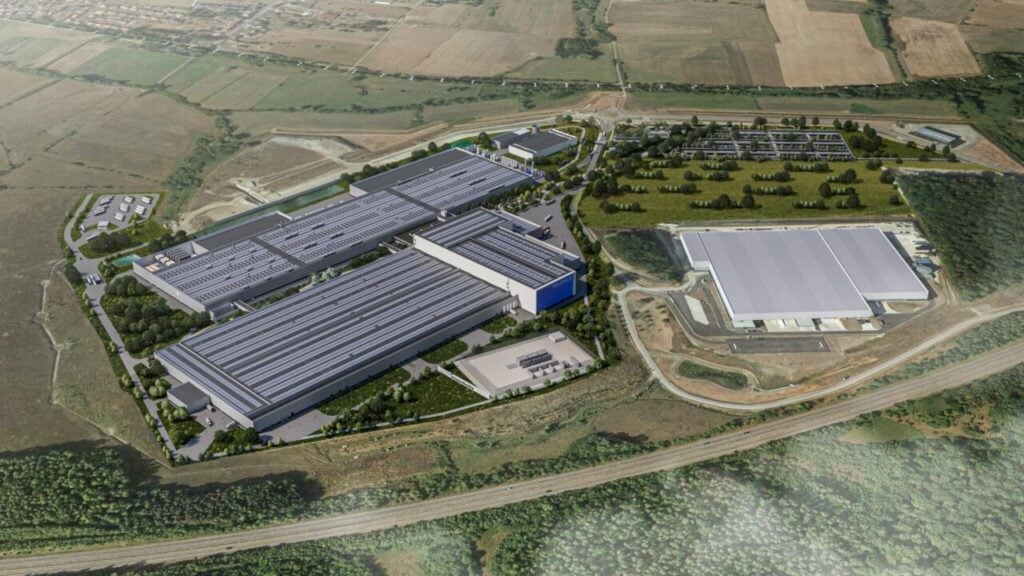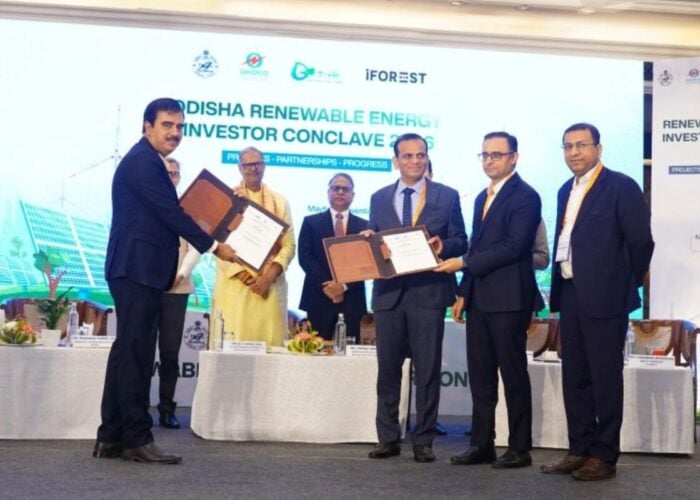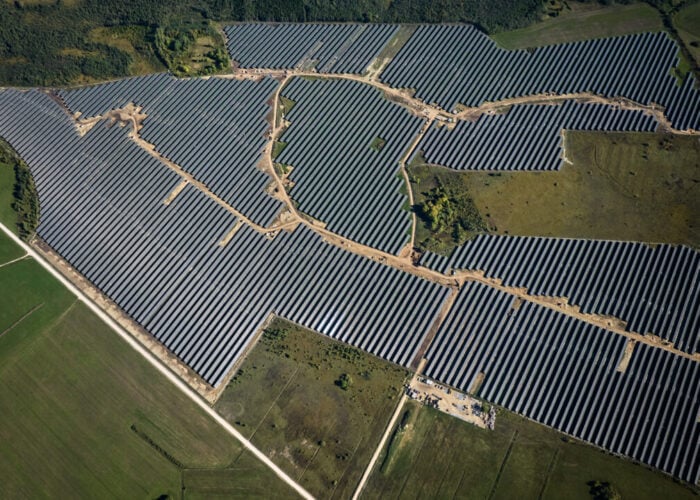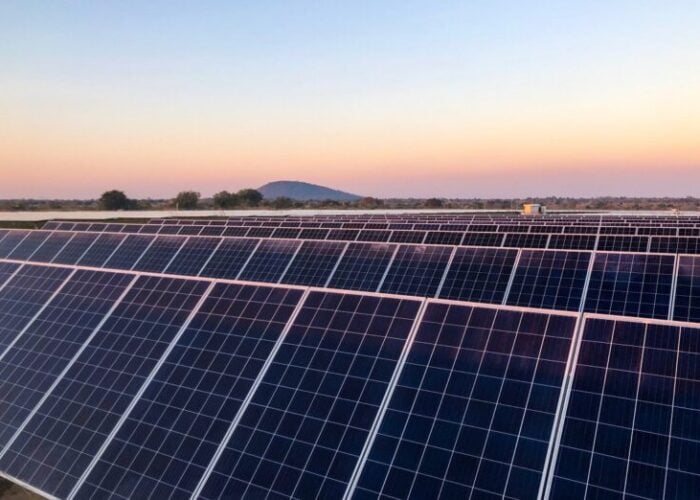
The European Patent Office (EPO) has revoked a patent for a key solar cell manufacturing process, which has been hailed as “good news” for European solar PV manufacturing.
The patent – EP4092759B1 – was for multi-busbar (MBB) connections in solar modules, a standard industry manufacturing technique “widely found” in solar modules, according to the European Solar Manufacturing Council (ESMC).
Try Premium for just $1
- Full premium access for the first month at only $1
- Converts to an annual rate after 30 days unless cancelled
- Cancel anytime during the trial period
Premium Benefits
- Expert industry analysis and interviews
- Digital access to PV Tech Power journal
- Exclusive event discounts
Or get the full Premium subscription right away
Or continue reading this article for free
The patent was originally owned by Korean LG Electronics and later acquired by Chinese solar manufacturing giant JA Solar. Before being revoked, it sought to protect:
- Solar cells with six or more busbars,
- The use of solder-coated round wires as interconnection leads,
- The use of expanded pad sections to solder those wires to the busbars.
The EPO revoked the patent following a petition led by the ESMC and a “consortium” of European PV manufacturers and research institutes. In a statement the ESMC said that MBB techniques were “pioneered in Europe” in the 2010s and have since become widespread industry standard for PV manufacturing.
“This patent was on matters which are industry standards now for a long time,” said Christoph Podewils, secretary general of the ESMC. “Had it remained in force, the vast majority of European module manufacturers using MBB cells would have risked infringement despite applying well-established technologies.”
The ESMC added that “almost all” European module manufacturers rely on MBB technology, to reduce shading losses, lower resistance, cut silver consumption, and ensure reliable long-term electrical connections.
In opposing the patent, the consortium argued that it introduced a subject matter which went beyond the original patent application, rendering it legally invalid. ESMC said the losing party – JA Solar – may petition the EPO’s finding, with an appeal deadline of 7 January 2026.
Is this a boon for European PV manufacturing?
“This outcome strengthens Europe’s ability to scale up PV manufacturing without facing unjustified patent barriers,” said Christoph Podewils, secretary general of the ESMC. “Ensuring open access to established MBB technologies is essential for creating a level playing field and supporting the industry’s competitiveness.”
The European solar manufacturing industry has been struggling to gain ground in recent years, as Chinese companies have continued to dominate the market.
Startup Holosolis is planning to build a tunnel oxide passivated contact (TOPCon) module production facility in France next year, after securing US$250 million in funding earlier this month and licensing technology from Chinese solar manufacturing giant Trina Solar.
From next year, the EU will require a certain portion of state auctions for renewables to use European-made products, under provisions in its Net Zero Industry Act (NZIA) designed to guarantee a market for non-Chinese supply.
Despite these positive developments, challenges remain. This week, PV Tech published a blog from the head of PV wholesale marketplace sun.store, which discussed whether Europe may be facing another PV module oversupply situation as attempts to redress low prices in China seem to be faltering and shipments to Europe from Chinese producers appear to be picking up. It is not immediately clear that looser IP restrictions on busbar technology will make a meaningful difference to European manufacturers, but it certainly won’t make things harder.
PV Tech hosted a panel discussion at this year’s Intersolar Europe conference looking at efforts to reshore the continent’s solar PV supply chain, featuring speakers from Holosolis, the Becquerel Institute and Oxford PV, among others. You can read coverage of that discussion here (premium subscription required).






